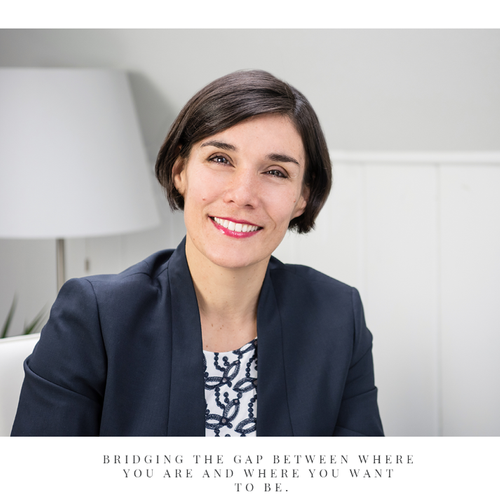Anyone familiar with John Gray’s Men Are from Mars, Women Are from Venus knows the premise that men and women generally communicate very differently. Perhaps this explains the findings from a recent study by the Insured Retirement Institute which reports that 70% of women who are seeking a financial advisor would prefer to work with a woman. And that statistic is particularly important when one realizes that women currently control more than half of the wealth in the US and that number is projected to reach 2/3 by 2020, according to the Federal Reserve.

Men Are From Mars, Women Are From Venus - Perspectives from a Financial Advisor
Old-fashioned gender roles, which dumbly designate the man of the house as responsible for personal finances, have surely contributed to these findings. And while it’s true that much has changed over the past few decades, it is important that financial advisors appreciate the differences between men and women – including an understanding of the role money played in a client’s early life – irrespective of whether the client is a man or a woman.
In very general terms, here are some differences in how men and women approach financial planning and financial decisions. Keep in mind, however, that broad generalizations are inherently risky, and no one in their right mind would suggest that gender dictates success in investing or financial planning.

Communication and learning styles
Eleanor Blayney’s Women’s Worth: Finding Your Financial Confidence points out that women and men absorb and process information differently. Fundamentally (and again, generally speaking), women learn through interaction with others and are neurologically wired to be more social and seek out relationships.
So, for most women, it is critical to find an advisor that they connect with on a personal level. Because openly talking about what matters most helps your advisor create a financial plan to prioritize and achieve your financial goals.
While men might generally be more enamored with charts and graphs that illustrate a point, women may take to an advisor who can connect financial advice with real-life examples. Competitive terms possibly motivating to men, such as “beating the market,” usually don’t persuade women as deeply.
But there is one area where men and women are mostly similar – many highly accomplished and intelligent people (with expertise outside finance) often feel uneasy amid very complex projections and financial jargon. Most of us simply prefer an advisor who can find a way to communicate in plain English.

Confidence
Although this is shifting, one great financial challenge for many women remains a lack of confidence in decision-making as it relates to financial planning and investing. A recent survey entitled: “Financial Experience and Behaviors Among Women,” for instance, finds that “while women are taking control of household finances, they are no more prepared to meet long-term financial goals than they were a decade ago.”
The previous year’s survey also found only 23% of female breadwinners describing themselves as very well prepared to make financial decisions compared with 45% of males – which is likely the male egos talking – and that women are twice as likely to describe themselves as financial beginners (15% of women vs. 7% of men)

Risk
In a recent study of couples in a committed relationship, Fidelity found that women tend to have a much lower risk tolerance than men – only 4% of women were willing to invest a substantial amount to achieve potentially higher returns, even if it meant possibly losing some or all of an initial investment, compared with 15% of men.
This might be seen in women holding large amounts of cash in money markets or bank accounts. Although intuitively they know that in the long run investing is far more beneficial, fear of making a bad decision and losing money might influence them more. A competent financial advisor can help explain the effects of not keeping up with inflation and that one can invest conservatively for long-term goals in many ways.

Life expectancy
Conservative investing isn’t bad but if you take too little risk early, you may barely keep up with inflation and won’t accumulate as much over your lifetime – likely longer than a man’s. (Women are also more likely than men to take career breaks or work part-time for a variety of reasons.)
Research shows that in the U.S. women live, on average, almost five years longer than men and more than 975,000 American women are widowed annually, according to the latest U.S. Census data. And sadly, widows are also more likely than widowers to suffer a drop in income after the death of a spouse – shockingly almost half of poor elderly in the U.S. are widows.
Now for the scary statistic: the median age for new widowhood is 59. Combine that sobering statistic with a high divorce rate, and it is almost a guarantee that every woman will shoulder sole responsibility for finances at some point.

Now What?
It is important that you identify a financial advisor who wants to do more than just manage your investments.
You need one who listens to and understands your goals and priorities, educates you on important concepts, and encourages you to ask questions.
This will lead you toward greater security and allow you to focus on your own long-term goals.
